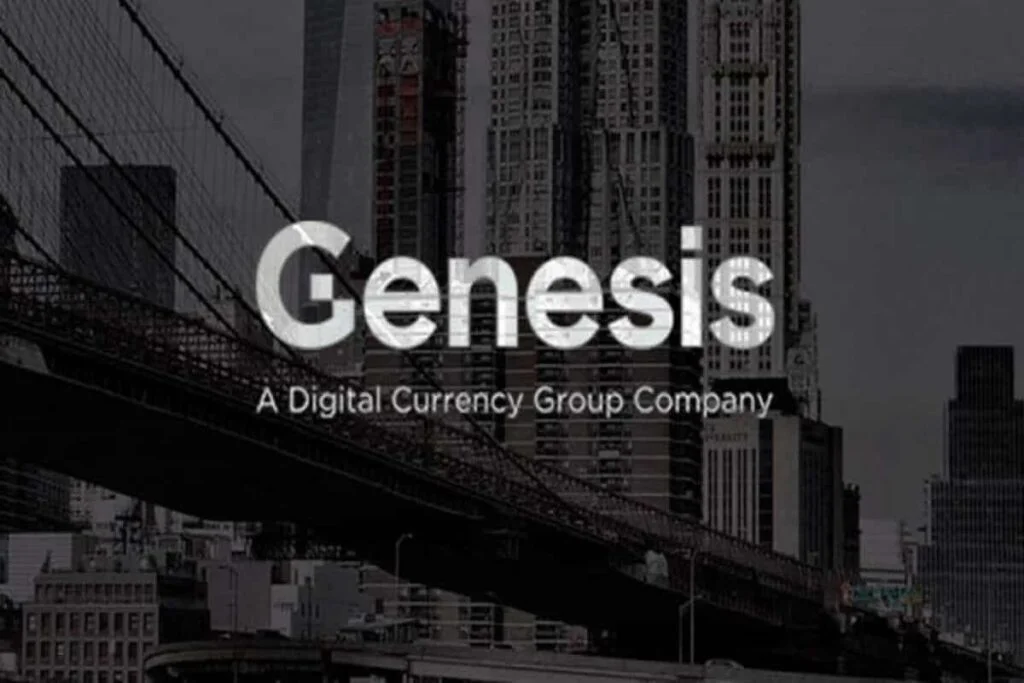With increasing regulatory scrutiny in the cryptocurrency space, DCG requests to dismiss the lawsuit filed by the NY AG that disputes fraud allegations associated with Genesis and Gemini.

Digital Currency Group (DCG) has formally requested that a lawsuit filed against it by Letitia James, the New York Attorney General (NY AG), be dismissed.
DCG has submitted a motion to the New York Supreme Court to refute accusations of financial fraud and mismanagement about its lending subsidiary, Genesis, and its partnership with the crypto exchange Gemini.
This legal proceeding transpires amid increased scrutiny and demands for regulatory transparency in the realm of digital assets.
Legal Defense and Allegations Against Digital Currency Group
New York Attorney General Letitia James filed the lawsuit in October, alleging that DCG and its founder and CEO, Barry Silbert, had defrauded over 230,000 investors and caused losses of over $1 billion.
This was predominantly attributable to Genesis’s activities and its affiliation with Gemini, which occurred primarily via the defunct Gemini Earn program.
The program, which sought to offer a substantial return on cryptocurrency deposits, ceased operations in 2022, coinciding with the overall decline of the crypto market.
Furthermore, DCG’s legal team refuted the allegations, characterizing them as a “thin web of baseless innuendo” and contending that the organization had professionally conducted itself following the counsel of reputed investment bankers and accountants.
DCG has specifically advocated for the issuance of a contested promissory note worth $1.1 billion to Genesis, providing justifications for its legality and the appropriateness of the board’s approval.
Additionally, DCG refutes the allegation that its support for Genesis was illicit, emphasizing its strict adherence to ethical and legal standards.
Extending Lawsuit Range
The stakes of the lawsuit have increased since its initial filing, as the New York Attorney General’s office has since filed an amended complaint that estimates damages at approximately $3 billion.
The amendment was initiated in response to additional investor grievances that revealed a more extensive ramification than had been initially anticipated.
Moreover, the amended complaint revolves around the assertion that there was insufficient representation of Genesis and the Gemini Earn program in terms of financial stability and risk.
In addition, DCG has opposed a settlement agreement between Genesis and the New York Attorney General’s office on Genesis’s bankruptcy proceeding.
DCG asserts that the settlement is a misrepresentation of bankruptcy law and that it provides preferential treatment to certain creditors while neglecting others.
This internal company dispute illustrates the complex financial and legal collisions resulting from the cascading effects of the crypto market fall.
Industry Response and Regulatory Concerns
The ongoing legal dispute between DCG and the New York Attorney General’s office points out the wider concerns that pervade the crypto sector about investor protection and regulatory oversight.
As the case progresses, it will establish legal standards for overseeing and regulating digital currency firms, particularly in times of market volatility.
DCG’s unwavering denial of the allegations and its determination to continue fighting them renders the regulatory involvement in the crypto industry contentious.
Industry stakeholders and observers are closely monitoring the case, anticipating that it will establish a precedent for subsequent regulatory measures and the operational standards of crypto enterprises.
